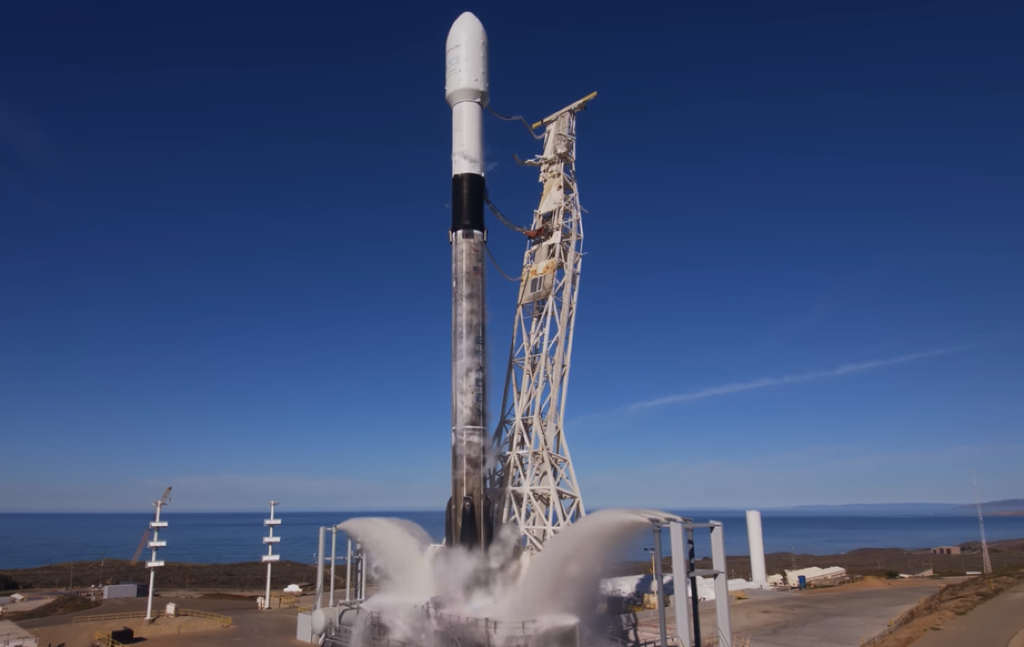FCC Still a No on Broadband Subsidies for Musk's Starlink
Agency said petition under review was filed about 45 months late.
Ted Hearn

WASHINGTON, Aug 30, 2024 – For the third time, no.
The Federal Communications Commission said Friday – for the third time in two years – that Elon Musk's Starlink satellite internet service will not receive nearly $900 million in subsidies to get thousands of rural U.S. homes and businesses online.
In a ruling by the Wireline Competition Bureau, the agency said it had not changed its prior position reached in 2022 that Starlink did not have the technical or financial capabilities to provide service at speeds required to obtain grants from the agency's Rural Digital Opportunity Fund.
"As a result, Starlink was found in default and was not authorized to receive RDOF support," said Bureau Chief Trent Harkrader in the four-page ruling.
In 2020, the FCC conducted a reverse auction in which Starlink parent SpaceX owned by Musk was conditionally awarded about $885.5 million to serve 640,000 rural homes and businesses across 35 states.
In August 2022, the FCC conducted a second review as prescribed in the RDOF rules and determined that Starlink could not furnish 100/20 Mbps low-latency service and revoked the award at the bureau level.
The FCC commissioners in December 2023 affirmed the bureau's decision.
Harkrader's order Friday was a response to a petition for reconsideration filed by a Virginia E-rate consultant named Greg Weisiger, who asked the FCC to waive rules standing in the way of Starlink's receipt of RDOF millions.
Among other things, Weisiger's petition was filed about 45 months after the legal deadline and failed to cite new facts or changed circumstances to justify any waivers, Harkrader said.
Weisiger's argument that awarding Starlink RDOF money would reduce the financial burden on the $8.1 billion Universal Service Fund was an issue outside the scope of the FCC’s decisions related to Starlink’s ability to meet the RDOF’s post-auction eligibility criteria, Harkrader said.
"The FCC's order ... only addressed Starlink’s showing of technical and financial capability to provide the required service in the required areas, and did not address the overall budget for USF programs," Harkrader said.









Member discussion